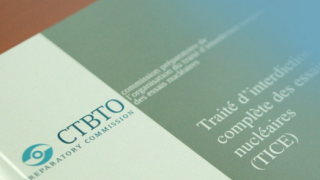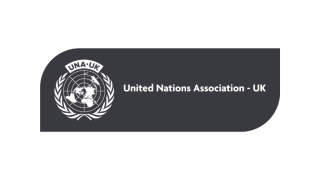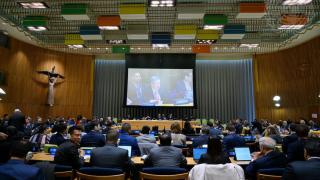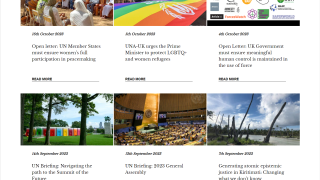
UNA-UK’s chair, Sir Jeremy Greenstock, and Peace and Security Programmes Manager, James Kearney, have co-written an article on the Comprehensive Nuclear-Test-Ban Treaty (CTBT) with former head of the IAEA, Hans Blix, and former UK Defence Secretary, Des Browne. Titled ‘Ending Nuclear Testing: Waiting for the US Senate to Take the Lead’, and published on 18 July in the Huffington Post, the authors argue that the US Senate must overcome partisan divisions and ratify the CTBT, which the country was first to sign in 1996.
Although it has been signed by 183 states and ratified by 159, the CTBT has still not entered into force. One of the chief reasons for this is the existence of a caveat that demands signature and ratification of all ‘nuclear-research-involved’ states on a list of 44. The eight remaining states are the United States, China, India, Pakistan, North Korea, Israel, Iran and Egypt. Of these – and leaving North Korea aside – the United States is seen as of primary importance for potentially initialising a cascade effect among the remaining holdouts.
The authors note that the US has not tested a single nuclear weapon in more than 20 years, while no signatory country has conducted a nuclear test explosion since signing. The CTBT would be a seal on what the United States and most other countries are already doing, and would, ultimately, bolster US national security and reinforce global stability.
For more information on UNA-UK’s Towards Zero programme, please contact James Kearney, UNA-UK Peace and Security Programmes Manager, at kearney@una.org.uk or on 020 7766 3446.




